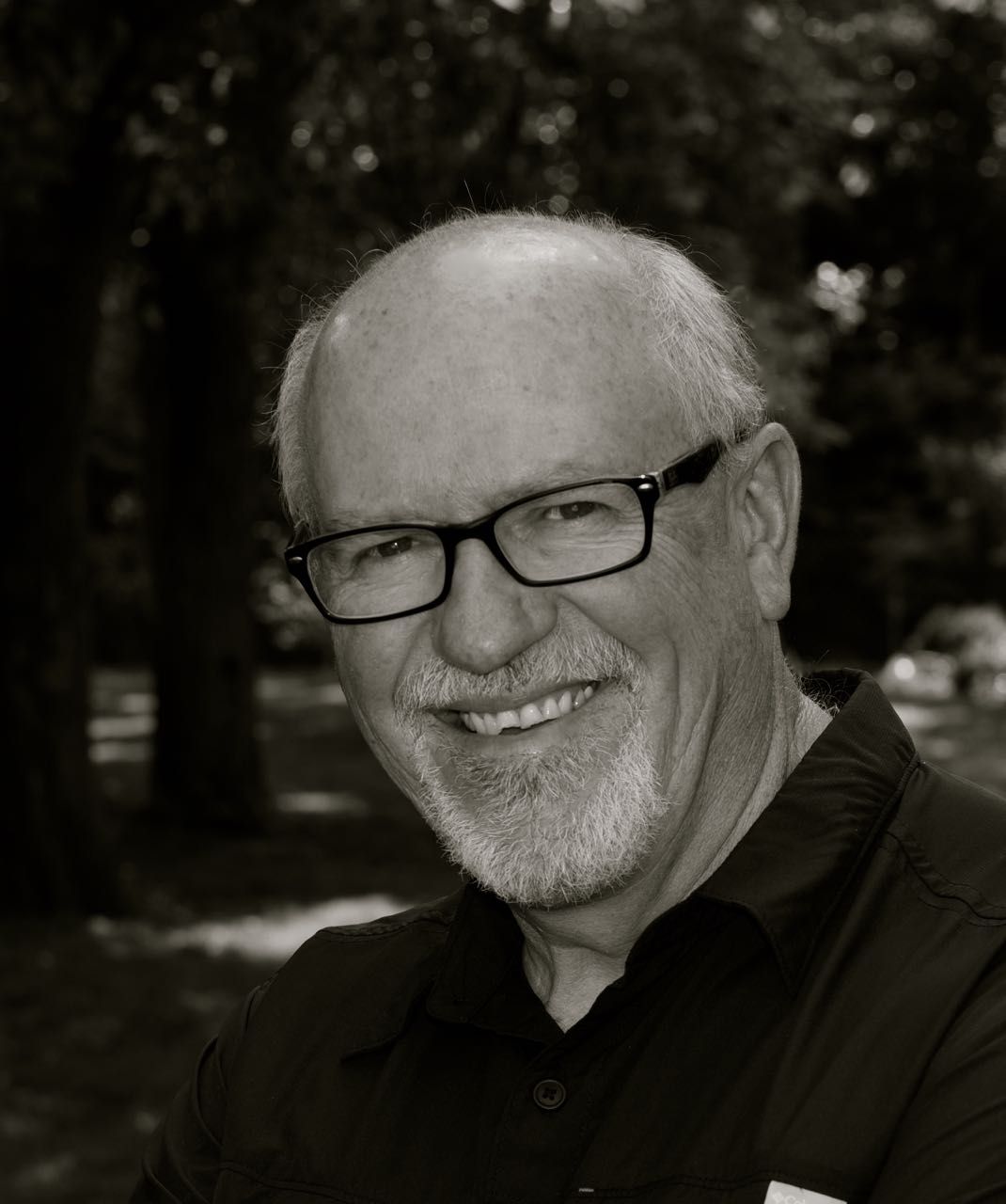I met Santiago in a rural village of Nicaragua. He was the kind of person whose smile unlocks a part of your heart and wanders in without any formal invitation. Yet when he gets there, it feels like he’s home and has belonged there all the time.
Villagers there have a love/hate relationship with the schizophrenic river that snakes near them. Sometimes the gentle waters bring life and sustenance; other times it crashes through like psychotic vandals ripping everything to shreds.
Santiago, along with other farmers in the village, watched yet another flood decimate their crops. So we rolled in on our big white horses, er, our flatbed trucks, to save the day with beans, rice, cooking oil, and other basic needs.
The line of women and children quickly formed ready for our good-hearted charity work. We had done this before and would, most likely, do it again. They were as used to taking handouts as we were in giving them.
Santiago, one of my favorites, was in the line ready to take his allocation of food. He looked up as I handed him food, and, even though his mouth smiled appreciation, his eyes hung heavy gray with humiliation. His shame embarrassed me. He didn’t want to take food from us, but he had no choice.
I learned to hate charity that day. Charity only feels good to the person who has the capacity- and usually the excess- to give something away. But to the person who has lost all capacity – and human dignity- to acquire food, being in a state of deprivation so dire they need charity to survive is humiliating.
When I decided to actively engage in the fight against hunger, I was like a crazy man using a dull pocketknife trying to clear a jungle; energetic, but ineffective. However ,I soon learned that passion and competence are not always found in the same room with each other.
The look in his eyes troubled me greatly so the next time I went to Nicaragua, I took fishing poles and equipment. I decided teaching Santiago to fish was more virtuous than giving him a fish. There was a river close by so, I reasoned, he needed a fishing pole and someone to teach him. The men in the village gathered around the fishing poles like little kids around a box of kittens. They giggled, teased each other, and treated the poles like alien creatures. I showed them how to cast and retrieve.
I overlooked one rather significant problem: no fish in the river. Each year the river flooded; each year the river dried up. My well-intentioned desire to teach men to fish was a waste of money. I arrogantly assumed I knew the solution. Then, I wisely asked him what I could do to really help. Cows, he said. I told him cows were terrible fishing partners because they used rivers as a giant port-a-potty and were prolific with sarcastic comments about my fishing techniques. I grew up near a herd of very arrogant and derisive cows that chased me through pastures and out of fishing holes. No, silly, he told me; he wanted me to loan him a cow.
After a meeting with he and the other men in the village, we came up with a micro-finance plan involving a cow and calf model. This turned out to be wildly successful although each time I arrived, the cows would make a snide comment about the RM brand on the side of their hip.
I was saddened to receive the news one day that Santiago died of a heart attack. He never knew the impact his friendship had on me. When I get discouraged, I think about Santiago behind the oxen with the single-bottom plow tilling up the land after the flood dried up. He’d plant another crop; he would continue to hope.
He was more than a friend: he was a hero I could hug.
Do you have heroes that you can hug? I’d love to hear your story! Feel free to email me: rick.mcnary@gmail.com

